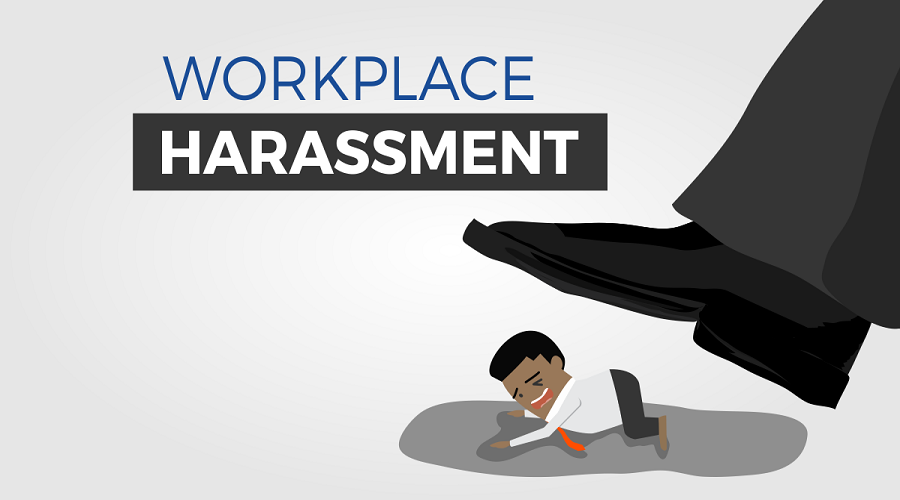KATHMANDU: Keeping in line with this year’s theme of 16 Days of Activism campaign against Gender-based Violence (Orange the World: Fund, Respond, Prevent, Collect), the International Labour Organization (ILO) Country Office for Nepal organized a virtual workshop on Preventing and Responding to Violence and Harassment in the World of Work on Monday, 23 November 2020.
The objective of the workshop was to strengthen participants’ understanding on what constitutes violence and harassment, and on key elements of the Violence and Harassment Convention (No. 190) and its accompanying Recommendation (No. 206) adopted in June 2019.
The workshop also reviewed Nepal’s progress on national legal and policy framework and good practices on GBV prevention and response. Over 40 people including representatives of ILO tripartite partners, UN agencies, civil society organizations, and media participated at the virtual event.
Workplace violence and harassment is a significant and on-going threat to worker’s health and safety, as well as to organizational productivity and reputation. In today’s context, the COVID-19 pandemic has amplified the already existing incidences of gender-based violence (GBV).
“Fighting against violence and harassment in the world of work is at the heart of ILO’s efforts,” said Richard Howard, Director of ILO Country Office. “Violence and harassment in the world of work is therefore the antithesis of decent work. It is a threat to the dignity, health and well-being of those who experience it, and for their families. Addressing violence and harassment is imperative during COVID-19 as many frontline workers such as health workers are facing various kinds of violence and harassment.”
An exploratory study conducted by ILO Nepal in 2004 identified that 53.84 per cent of women workers have experienced sexual harassment in the workplace. In 2015, Nepal adopted Sexual Harassment at Workplace (Elimination) Act for the prevention and protection of employees from sexual harassment.
Aya Matsuura, ILO Gender Specialist shared the provisions of ILO Convention. She emphasized the need for an inclusive, integrated and gender responsive approach in eliminating violence and harassment in the world of work, and highlighted the importance of addressing the underlying causes of unequal gender relations and existing inequalities in the society.
The workshop also highlighted the gaps in the 2015 Sexual Harassment Act. The main challenges for effective implementation include lack of accompanying regulations, lack of codes of conduct ascertaining reporting and dispute resolution mechanisms, and the absence of a specific nodal ministry to enforce the Act.
On the occasion of 16 Days of Activism campaign, ILO, together with other UN agencies, and civil society organizations are organizing various awareness-raising and policy advocacy activities against workplace violence and harassment for men and women in both formal and informal sectors. A series of messages to end workplace violence and harassment will also be displayed on the screen of World Trade Centre (WTC) building for 16 days with commitment to fight GBV for 365 days.
ILO together with its tripartite plus partners has been working to promote that everyone has decent work, which is work carried out under the conditions of freedom, dignity, security and equality since its inception in 1919. In the 2019 Centenary International Labour Conference , the tripartite delegates adopted the first international instrument to combat the scourge of violence and harassment in the world of work.
The Violence and Harassment Convention (No.190), and Violence and Harassment Recommendation (No.206), recognize the right of everyone to a world of work free from violence and harassment. With the ratification of Convention No. 190 by Uruguay and Fiji , the Convention will enter into force in a year’s time. The ILO is committed to promoting the ratification and implementation of Convention No. 190 to realize a world of work free from violence and harassment for all.

